Understanding Common Respiratory Symptoms in Pets: A Guide for Pet Owners
Respiratory health plays a crucial role in your pet’s overall well-being, affecting their ability to breathe, sleep, and stay active. While occasional coughing, sneezing, or snoring may seem harmless, persistent symptoms could indicate underlying health concerns.
At Spring Branch Veterinary Hospital, we are dedicated to diagnosing and treating respiratory conditions in pets.
Decoding Coughing in Dogs and Cats
Common Causes of Coughing in Pets
Coughing can result from minor irritations or serious conditions, including:
- Canine Infectious Respiratory Disease Complex (Kennel Cough): A highly contagious infection common in dogs that spend time in boarding facilities or dog parks. Learn more about it on the AVMA website.
- Tracheal Collapse: Frequently seen in small breeds, leading to a chronic, honking cough. Learn more about collapsed trachea in dogs.
- Heartworm Disease: This serious parasitic infection can cause persistent coughing due to inflammation in the lungs and heart. Check the Canine Heartworm Prevalence Map to see risk levels in your area.
- Lung Tumors: Persistent coughing with or without mucus may indicate lung cancer or other serious respiratory diseases.
When to Seek Veterinary Help
If coughing is persistent, productive (bringing up mucus or blood), or accompanied by difficulty breathing, seek immediate veterinary attention. Learn more about respiratory distress in pets from AAHA’s resource. For an evaluation, contact us.
Sneezing: More Than Just a Minor Nuisance
Triggers for Sneezing in Pets
Sneezing is often caused by environmental irritants like dust, pollen, or strong scents. However, it can also indicate:
- Feline Upper Respiratory Infections: Common in cats and often caused by viral or bacterial agents. Learn more from the ASPCA Pro website.
- Allergies: Seasonal allergies or reactions to household irritants can trigger sneezing. Read Purdue Veterinary Hospital’s allergy tips.
When to Be Concerned
If sneezing persists, especially with nasal discharge, swelling, or difficulty breathing, further diagnostic tests such as nasal swabs, X-rays, or endoscopy may be needed.
Understanding Wheezing and Its Implications
Identifying Wheezing in Pets
Wheezing often signals airway restriction due to asthma, allergic reactions, or breed-specific conditions such as Brachycephalic Obstructive Airway Syndrome (BOAS) in short-nosed breeds like Bulldogs and Pugs. Learn more about BOAS from Cornell’s BOAS page.
Signs of an Emergency
Seek immediate veterinary care if wheezing is accompanied by:
- Blue-tinged gums (oxygen deprivation).
- Labored breathing or excessive panting.
- Weakness or collapse.
Managing Pet Asthma and Respiratory Conditions
Asthma treatment often includes bronchodilators, corticosteroids, or antihistamines. For cats, Cornell’s Feline Asthma Guide offers helpful insights.
Reverse Sneezing: Should You Be Worried?
What is Reverse Sneezing?
Reverse sneezing is a sudden, rapid inhalation spasm commonly caused by throat irritation. It’s usually harmless and resolves on its own.
When to Be Concerned
If reverse sneezing becomes frequent, a veterinary examination can help rule out underlying conditions like nasal mites, allergies, or airway obstructions.
Snoring in Pets: Cute or Concerning?
Common Causes of Snoring in Pets
Snoring is common in brachycephalic (flat-faced) breeds, but excessive snoring can indicate:
- Obesity-related airway obstructions.
- Respiratory infections or sleep apnea.
- Nasal polyps or tumors.
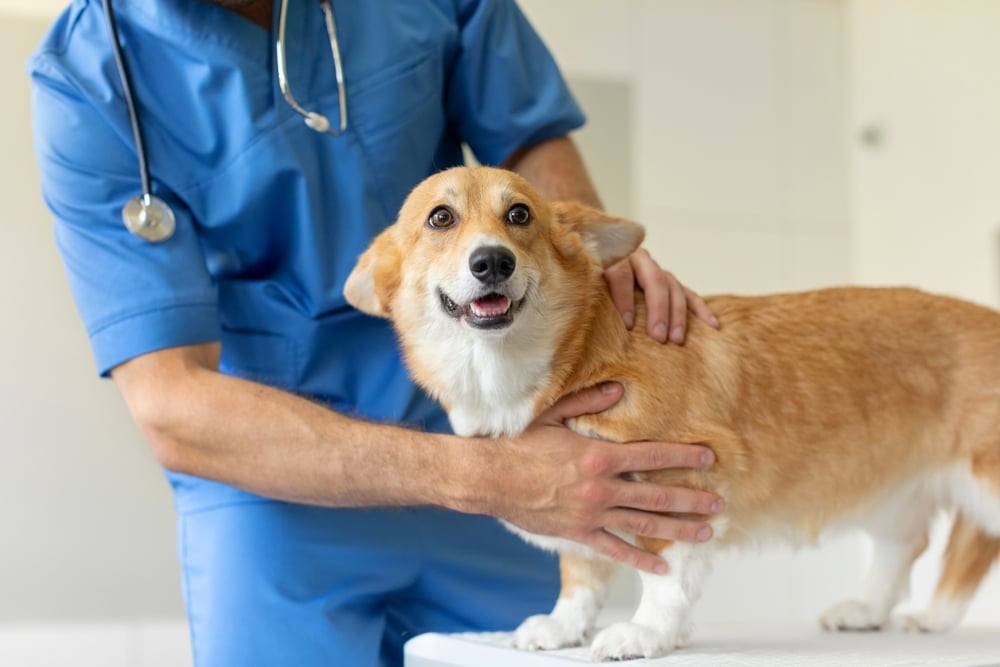
When Snoring Requires Veterinary Attention
If snoring is accompanied by breathing difficulties, fatigue, or nasal discharge, a veterinary evaluation is advised. Meet our expert team at Spring Branch Veterinary Hospital.
Frequently Asked Questions
How Can I Tell If My Pet’s Respiratory Symptoms Are Serious?
Signs that require veterinary attention include:
- Persistent coughing, wheezing, or sneezing.
- Labored breathing or panting at rest.
- Lethargy or reluctance to exercise.
What Home Care Can Help Manage Respiratory Symptoms?
- Keep your home free of smoke, dust, and strong fragrances.
- Maintain a healthy weight to reduce airway strain.
- Use humidifiers to ease nasal congestion.
- Provide regular check-ups to monitor respiratory health.
How Spring Branch Veterinary Hospital Can Help
Our clinic offers comprehensive diagnostic and treatment services for respiratory conditions, including:
- Advanced imaging (X-rays) for accurate diagnosis.
- Personalized treatment plans for asthma, infections, and airway disorders.
- Preventive care to reduce the risk of respiratory diseases.
If your pet is experiencing coughing, sneezing, wheezing, or other respiratory symptoms, schedule a consultation today. Early detection and treatment can make all the difference in your pet’s quality of life.



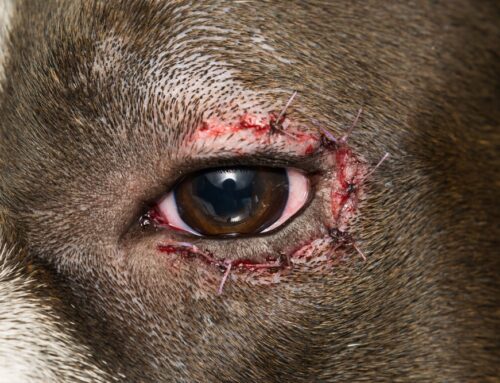
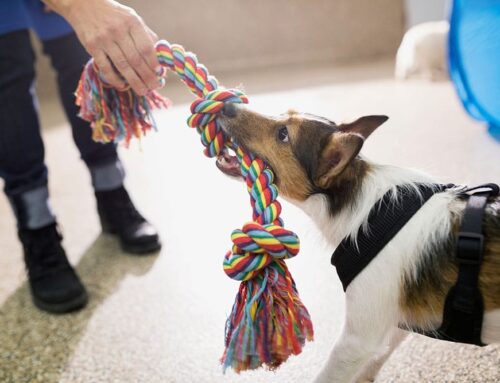
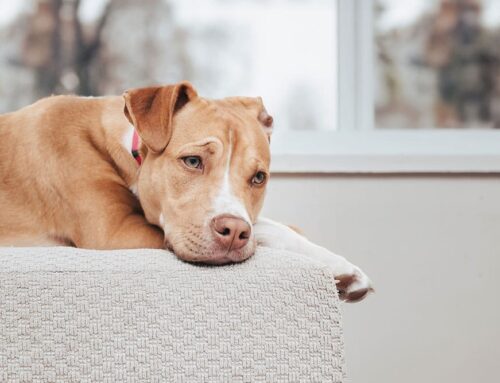
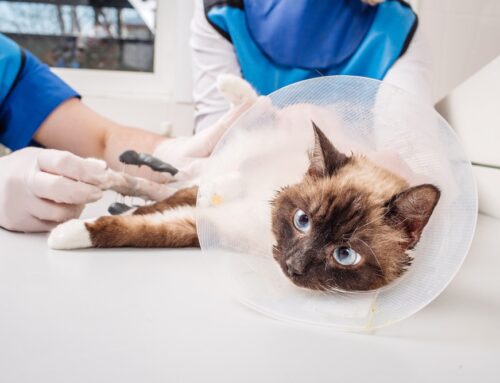


Leave A Comment